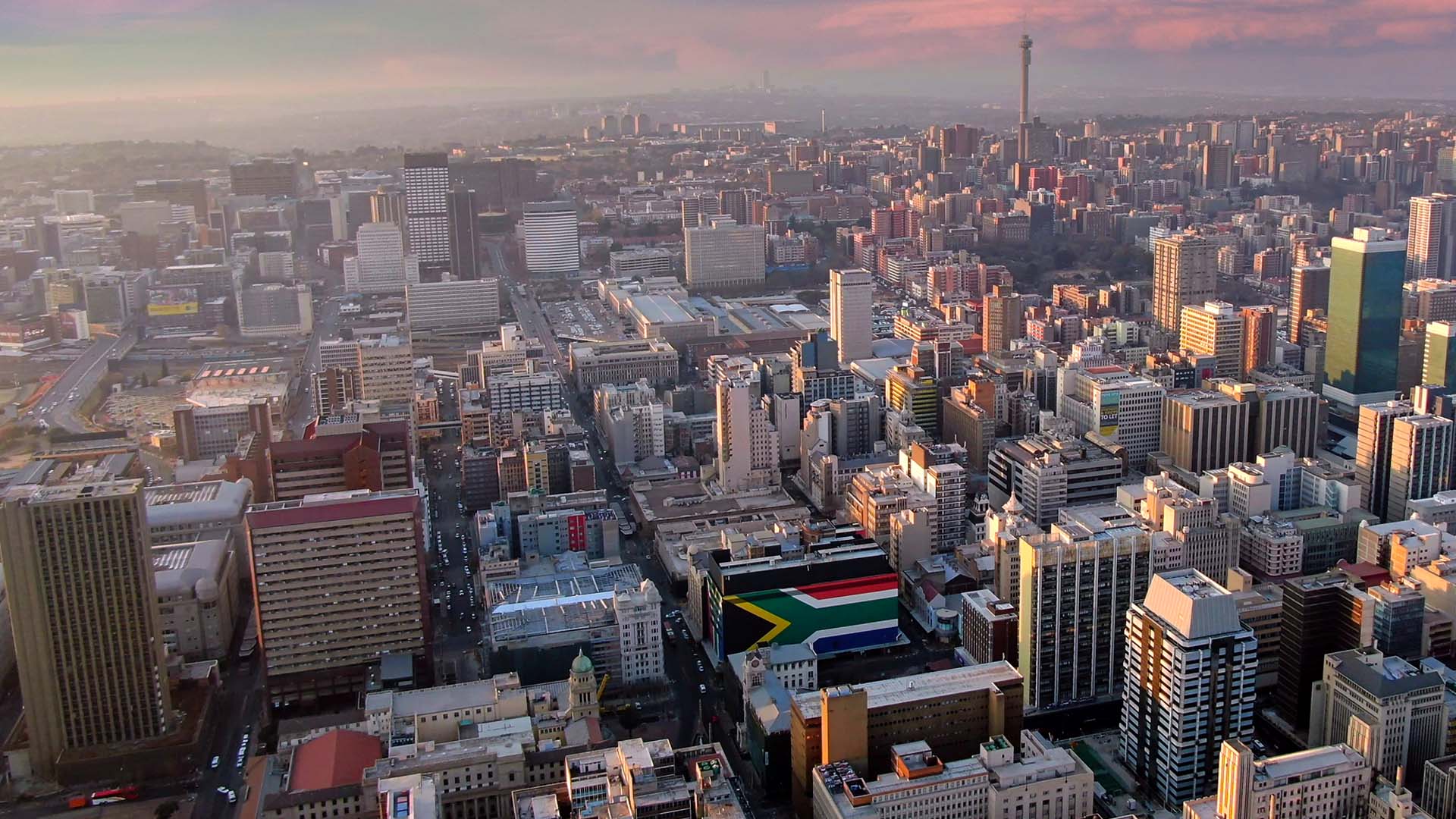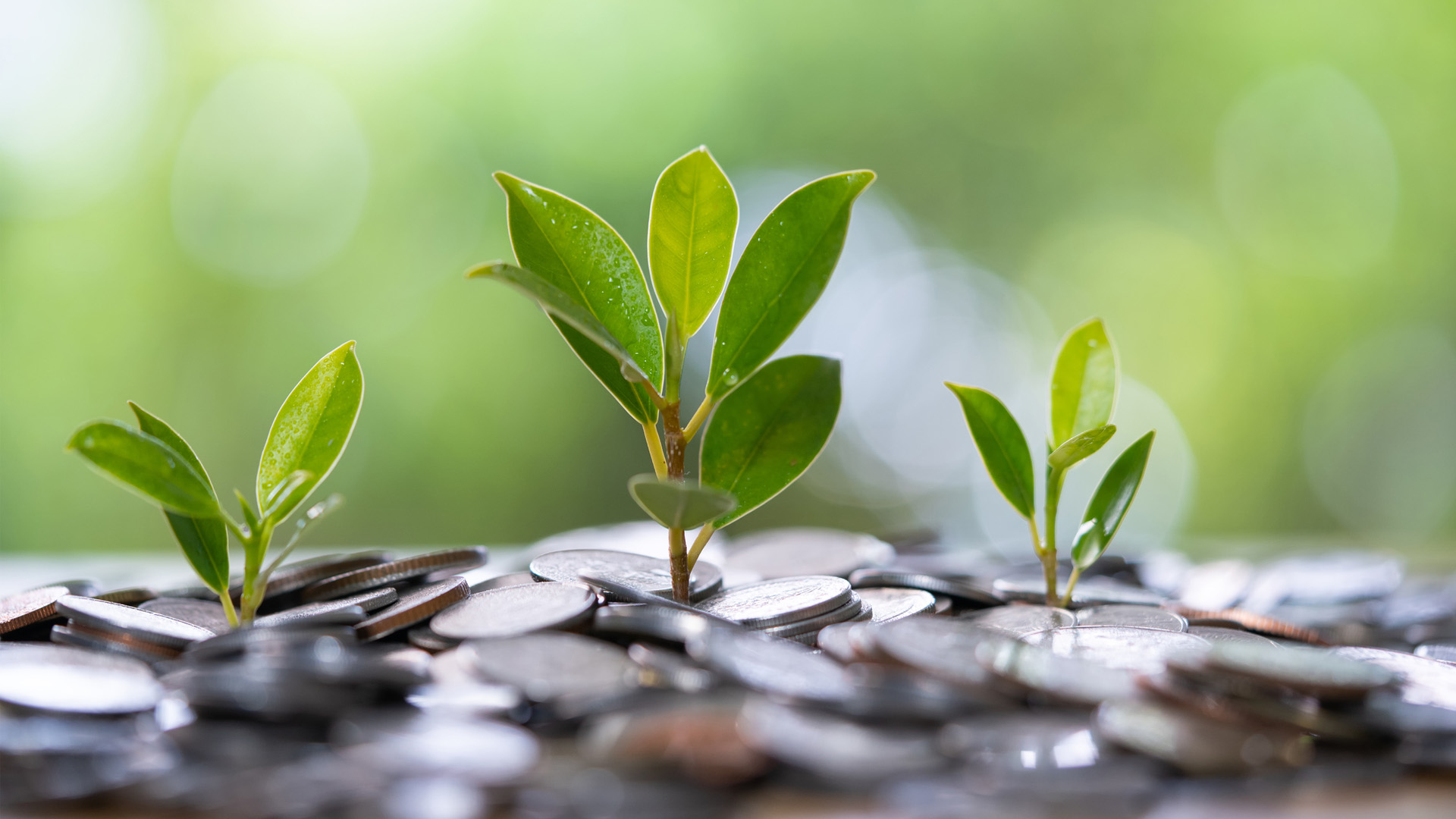Most of us never think about changes in the rand-dollar exchange rate. Usually, the only time we think about any exchange rates at all is when we travel overseas, or if we buy something from a foreign supplier online. Unless you run a business that imports resources and exports the products you manufacture, why would you have any reason to worry about exchange rates?
In truth, changes in the rand-dollar exchange rate affect our lives more than you may realise. They influence key economic factors – like the cost of imported commodities and goods, which affects inflation – as well as how long it takes you to get a job, the area you can afford to live in, the performance of your investments and when you can afford to retire. It pays to know a little bit about the value of the rand against the dollar.
Understanding exchange rates
An exchange rate is the rate at which one country’s currency is exchanged for another. Rates can either float (allowing the currency to be traded openly) or be fixed (pegged to another currency at an unchanging rate).
Most economies, including South Africa, have currencies in a floating market and their performance is determined by ongoing trading activity. A currency can increase in value because of increased demand or reduced supply. Lots of other factors also influence the movement of exchange rates: political stability, a country’s economic performance, the outlook for inflation and many more. The main factor driving rand volatility is the general risk appetite of global investors, which is usually based on their assessment of the factors we’ve listed.
What happens if the rand weakens against the dollar?
When the rand weakens against the dollar, fuel prices go up, because Brent crude oil, the source of most of our fuel, is priced in dollars. The fuel price increase might be delayed by up to a month, because the price of oil is adjusted monthly. When the rand strengthens against the dollar, it becomes cheaper to buy oil, so the fuel price may drop.
Higher fuel costs have a knock-on effect on the price of all goods, because the cost of transporting them has increased. Food prices are among the first to increase, putting more pressure on household incomes. A weaker rand will also raise the cost of imported goods, like vehicle parts made in Germany or China but used to assemble cars here in South Africa, so it has a ripple effect, increasing inflation across the economy.
A weaker rand might increase costs for most of us, but it also brings some opportunities
High inflation weakens the overall economy and makes it harder to create jobs, which places pressure on the South African Reserve Bank to raise interest rates to discourage inflation. So when the rand weakens against the dollar, it can result in increased interest payments on all your debt, like vehicle finance or a home loan. The only silver lining is that an increase in interest rates should also produce a better return on your South African investments.
How the exchange rate affects your offshore investments
Generally, a weaker rand is positive for your offshore investments, too. If you have foreign currencies saved in an offshore account, for example, and the rand weakens, your return (in rands) will increase. Put another way, if you buy dollars at an exchange rate of R18/US$, and the rand weakens to R21/US$, the rand value of your dollars has increased by 16.67%.
Because market and currency volatility are unavoidable, it’s wise to diversify your investments to manage the impact of the exchange rate changes over time. Speak to your financial advisor about how you can create a well-balanced portfolio that doesn’t expose you to too much risk.
A weaker rand does create some opportunities
A weaker rand might increase costs for most of us, but it also brings some opportunities. It makes South African exports cheaper, so local manufacturers can use the favourable exchange rate to increase their global market share. It also makes property and businesses in South Africa more attractive to foreign investors, which helps grow our economy and increase employment.
You’ll be better prepared to ride out the ups and downs of the exchange rate with a balanced portfolio of savings and investments, both in South Africa and offshore.








